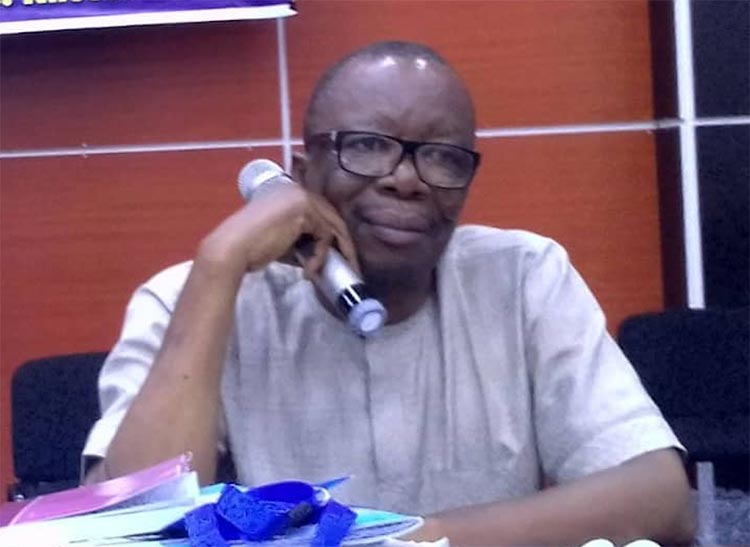- Osodeke urged TETFund to work more on the monitoring method of its projects across the country
The Academic Staff Union of Universities, ASUU, has rejected plans by the Tertiary Education Trust Fund (TETFund) to include private universities in the country as beneficiaries of its projects.
ASUU President, Prof Emmanuel Osodeke, who disclosed the position of the union during a two-day interactive session between TETFund and all unions of beneficiary institutions, argued that such moves would lead to the proliferation of private universities devoid of quality.
Osodeke urged TETFund to work more on the monitoring method of its projects across the country.
He stressed that the level of performance by the beneficiary institutions is not in tandem, as some of them receive the same amount of money.
The ASUU president also called on TETFund to apply sanctions to non-performing institutions and advocate for the abolition of what he referred to as the “stakeholders fund.”
He said: “ASUU will continue to embark on strike until the right thing is done in our tertiary institutions. Stakeholders fund should be abolished.”
Also speaking at the event, the Executive Secretary of TETFund, Sonny Echono, noted that the interactive section was for the purpose of sustaining steady growth and development in tertiary education.
He stressed the need to consistently engage and challenge one another on how best to improve the situation.
“It is our fervent hope that this interactive session will provide an enabling environment for us to understand some of our challenges and difficulties in the delivery of quality education in our institutions and thereby make a meaningful contribution to the successful execution of the objective of the fund.
“As you all know, our primary mandate is to rehabilitate, restore and consolidate tertiary education in Nigeria, using funding alongside project management.
“The session is also expected to serve as a platform to discuss and mitigate incidences of industrial disputes in the tertiary education sector and look at ways to prevent and avoid their occurrences,” he said.
